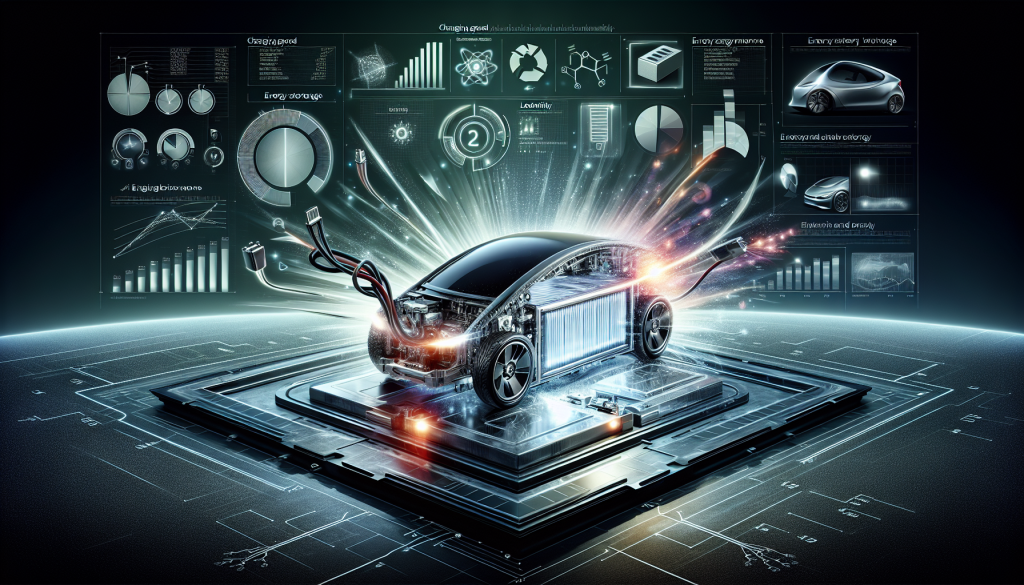
Charging Forward: Innovations in EV Battery Technology
Electric vehicles (EVs) have surged in popularity in recent years as people around the world look for cleaner and more sustainable modes of transportation. However, one major hurdle for widespread EV adoption has been the limited driving range and lengthy charging times of traditional electric car batteries. Fortunately, innovative advancements in EV battery technology are charging forward, promising to revolutionize the industry and make electric vehicles a viable option for all. Let’s take a closer look at some of these cutting-edge developments and how they are propelling us towards a greener and more efficient future.
Currently, most electric cars use lithium-ion batteries, which have been the go-to technology for the past few decades. However, a new type of battery, known as solid state batteries, is gaining traction in the EV world. These batteries use a solid electrolyte instead of a liquid one, making them safer, more efficient, and able to hold more charge. This means that EVs equipped with these batteries will have a longer driving range and faster charging times than ever before. Companies like Toyota, Volkswagen, and Nissan have all announced plans to integrate solid state batteries into their electric cars in the near future, signaling a major shift in the EV market.
One of the main drawbacks of electric vehicles compared to traditional gas-powered cars is the inconvenience of charging. With wireless charging technology, this could become a thing of the past. This innovative approach uses a magnetic field to transfer energy from a charging pad to the vehicle’s battery, eliminating the need for cords and cables. This not only makes charging more convenient for EV owners but also has the potential to revolutionize public charging stations. For instance, parking lots equipped with wireless charging pads could generate revenue while also providing a more effortless charging experience for EV drivers.
Another major challenge for electric vehicles has been long charging times, with most EVs taking hours to fully recharge. However, several companies have developed solutions to this problem. One approach is ultra-fast charging, which uses high-powered charging stations to deliver up to 350kW of electricity, allowing EVs to recharge their batteries in a matter of minutes. Another solution is swappable batteries, where EV owners can simply exchange their depleted battery for a fully charged one at designated stations. This eliminates the need for long charging times and allows for uninterrupted driving.
As the demand for EVs continues to grow, so does the need for continued innovation in battery technology. Experts predict that by 2024, the global market for EV batteries will be worth a staggering $94.9 billion. With this kind of investment and demand, we can expect to see even more groundbreaking advancements in the near future. From silicon-based anodes to solid state electrolytes, the possibilities are endless for creating more efficient, cheaper, and longer-lasting EV batteries. It won’t be long before electric cars become the norm, thanks to these continuous improvements in battery technology.
In conclusion, the future of electric vehicles looks brighter than ever, thanks to the rapid advancements in EV battery technology. With solid state batteries, wireless charging, and fast charging solutions, the limitations of traditional electric car batteries are becoming a thing of the past. As we charge forward towards a more sustainable future, these innovations are paving the way for a cleaner, greener, and more efficient transportation industry. So, let’s embrace these exciting developments and drive towards a brighter, electrified future.
